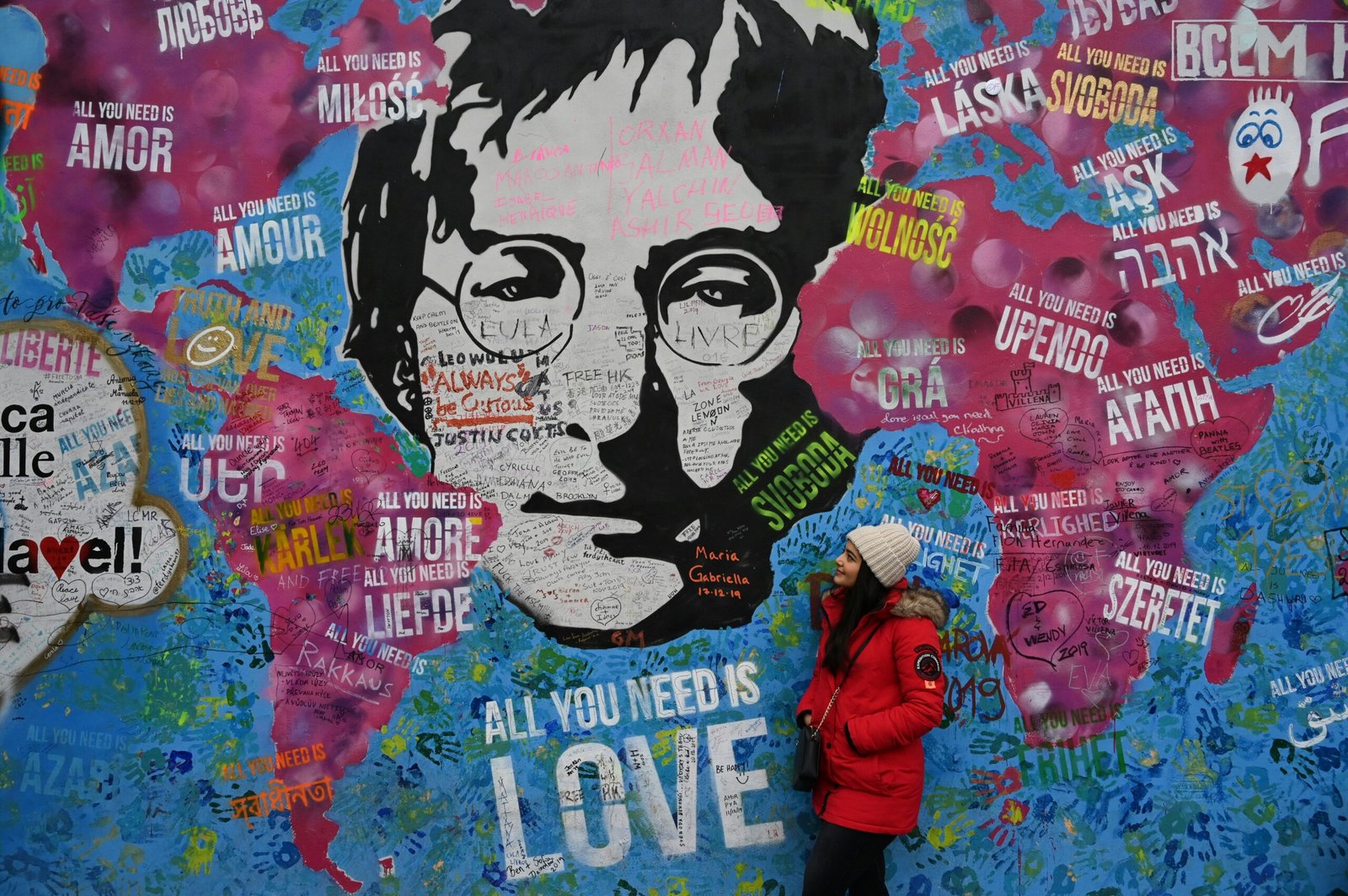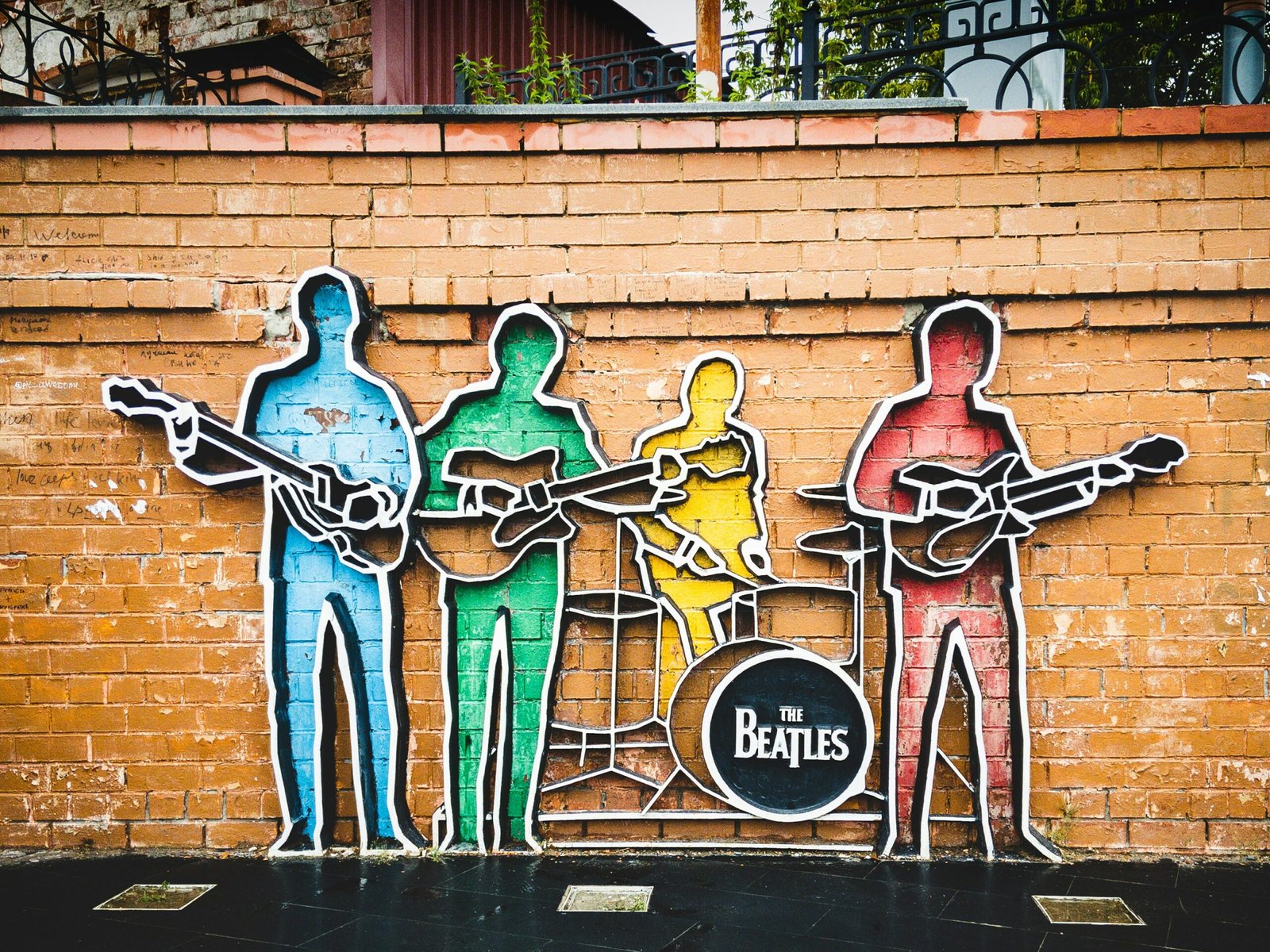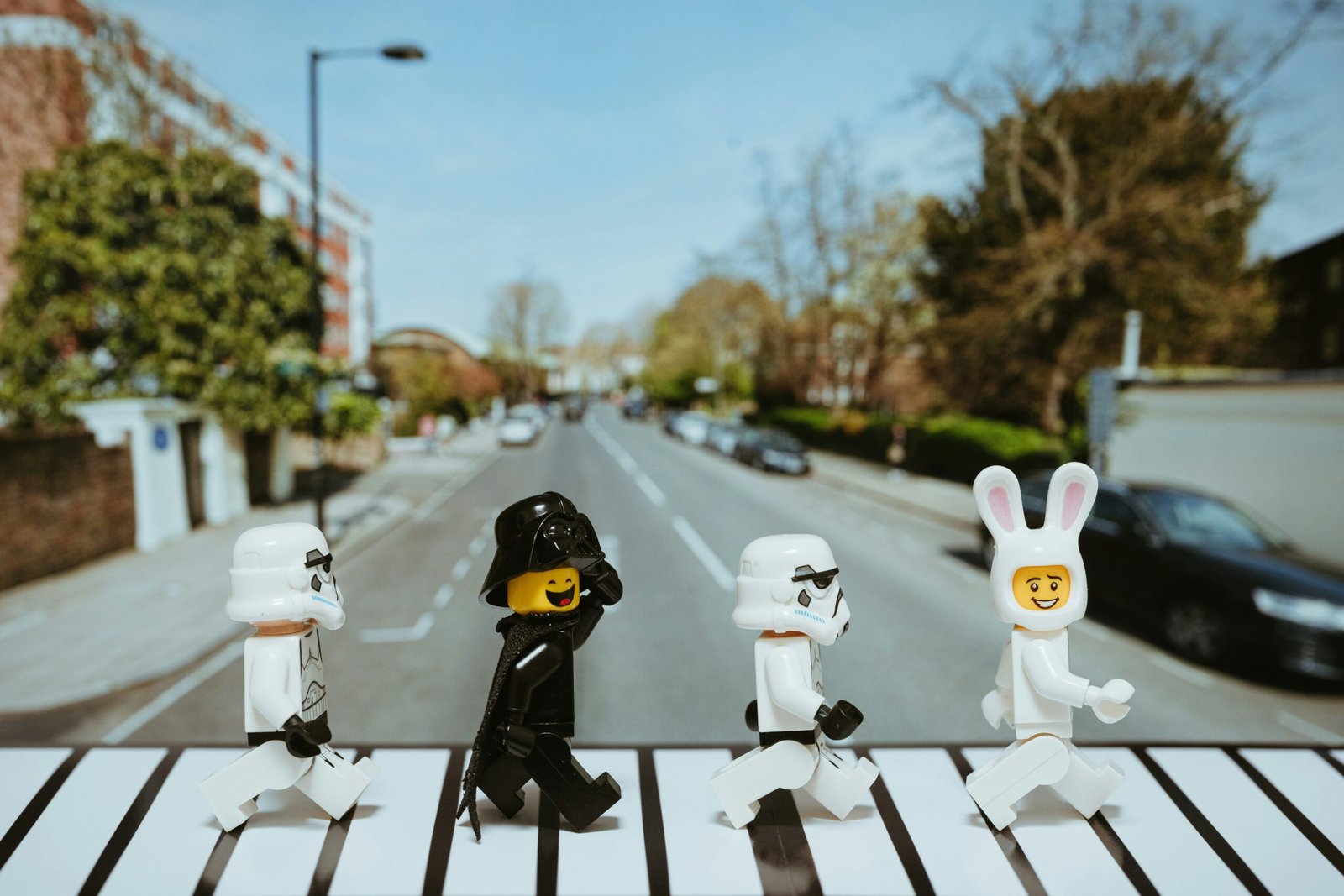When it comes to music, few bands have had the kind of influence and lasting impact that The Beatles had. But their influence extended beyond just the incredible sound they created. In fact, one area where their mark was truly undeniable was in the world of guitar manufacturing and design. The Beatles revolutionized the way guitars were used, modified, and even made, setting a new standard for musicians everywhere. So, let’s take a closer look at the significant influence The Beatles had on guitar manufacturing and design, and how their legacy continues to shape the instruments we play today.

Introduction
If there’s one band that has left an indelible mark on the world of music, it’s undoubtedly The Beatles. With their innovative songwriting, captivating performances, and contagious enthusiasm, they not only revolutionized popular music but also influenced countless musicians and the industry as a whole. One area where their impact was particularly significant was guitar manufacturing and design. In this article, we will explore the lasting effects that The Beatles had on this aspect of the music world, and how their choices and preferences paved the way for innovation and creativity in the guitar industry.
Beatlemania: The Rise of The Beatles
Before we dive into the specifics of how The Beatles influenced guitar manufacturing and design, it’s essential to understand the cultural phenomenon that was Beatlemania. In the early 1960s, The Beatles burst onto the music scene and quickly became global sensations. Their catchy tunes, energetic performances, and charming personalities captivated audiences worldwide. As their popularity soared, so did their influence on popular culture.
The Beatles’ Musical Style
The Beatles’ musical style was a unique blend of rock and roll, pop, and various other genres. They drew inspiration from artists like Chuck Berry, Little Richard, and Buddy Holly, while also exploring their own distinctive sound. This eclectic approach to music not only charted new territories but also influenced the guitars that they used to create their iconic sound.
The Rickenbacker Sound
One of the most notable instruments associated with The Beatles’ sound was the Rickenbacker guitar. The band’s lead guitarist, George Harrison, primarily used a Rickenbacker 360/12, a twelve-string electric guitar that became synonymous with the Beatles’ “jingle-jangle” sound. This distinctive tone, achieved by doubling the strings and utilizing unique chord voicings, gave their music a rich and captivating quality.

The Influence on Guitar Design
The popularity of The Beatles and their unique sound had a profound impact on guitar manufacturers. Seeing the band’s immense success, manufacturers realized the value of creating instruments that could replicate and emulate that distinctive “Beatles sound.” The demand for guitars with a similar look and feel skyrocketed, leading to significant changes and innovations in guitar design.
The Rickenbacker 325
The Beatles’ association with Rickenbacker guitars began in 1964 when John Lennon acquired a Rickenbacker 325. This particular guitar, with its compact body size and sleek design, became closely linked to the Beatles’ image. The band’s use of the Rickenbacker 325 not only popularized the brand but also emphasized the instrument’s versatility and capabilities.

The Höfner Violin Bass
Another instrument that gained immense popularity thanks to its association with The Beatles was the Höfner Violin Bass. Paul McCartney, the band’s bassist, famously played this unique instrument, which is characterized by its violin-like shape and distinctive tone. McCartney’s melodic bass lines, played on the Höfner Violin Bass, added depth and texture to The Beatles’ music and inspired countless musicians to seek out similar instruments.
Epiphone and Gibson Connection
While Rickenbacker and Höfner guitars played a significant role in The Beatles’ sound, it’s important to note the influence of Epiphone and Gibson guitars as well. Harrison, Lennon, and McCartney all owned guitars from these renowned brands, showcasing their versatility and lasting impact. By using a variety of guitars in their recordings and performances, The Beatles showcased the potential of different instruments and inspired musicians to explore a diverse range of sounds.
Effects on Guitar Manufacturing
The Beatles’ influence on guitar manufacturing can be seen in the numerous changes that took place within the industry. Manufacturers began to produce guitars with features that catered specifically to the demands of aspiring musicians hoping to emulate The Beatles’ sound. From the early 1960s onwards, guitar companies embraced innovation, experimenting with new designs, electronics, and finishes to capture the essence of the Beatles’ sound.
Legacy and Continued Influence
Even decades after their initial rise to fame, The Beatles’ influence on guitar manufacturing and design remains. Their timeless music continues to inspire aspiring musicians to pick up the guitar and seek out the instruments that shaped the sound of a generation. From vintage reissues of iconic Beatles guitars to modern variations that incorporate elements of their distinctive sound, the market continues to be filled with guitars that bear the stamp of The Beatles’ lasting legacy.
In conclusion, it is evident that The Beatles had a profound impact on guitar manufacturing and design. Their unique musical style, preference for certain guitar models, and the massive popularity they enjoyed all contributed to shaping the industry. From Rickenbacker and Höfner to Epiphone and Gibson, their choices influenced the design and innovation of guitars for generations to come. The Beatles’ influence continues to resonate, inspiring musicians and ensuring that their exceptional impact on guitar manufacturing and design remains unparalleled.

Jonse Becker, a seasoned guitarist and music aficionado, founded his blog to share his passion for all things guitar. With over 20 years of experience, Jonse expertly navigates the realms of vintage acoustics and modern electrics, offering readers a rich blend of technical knowledge, history, and industry trends.
